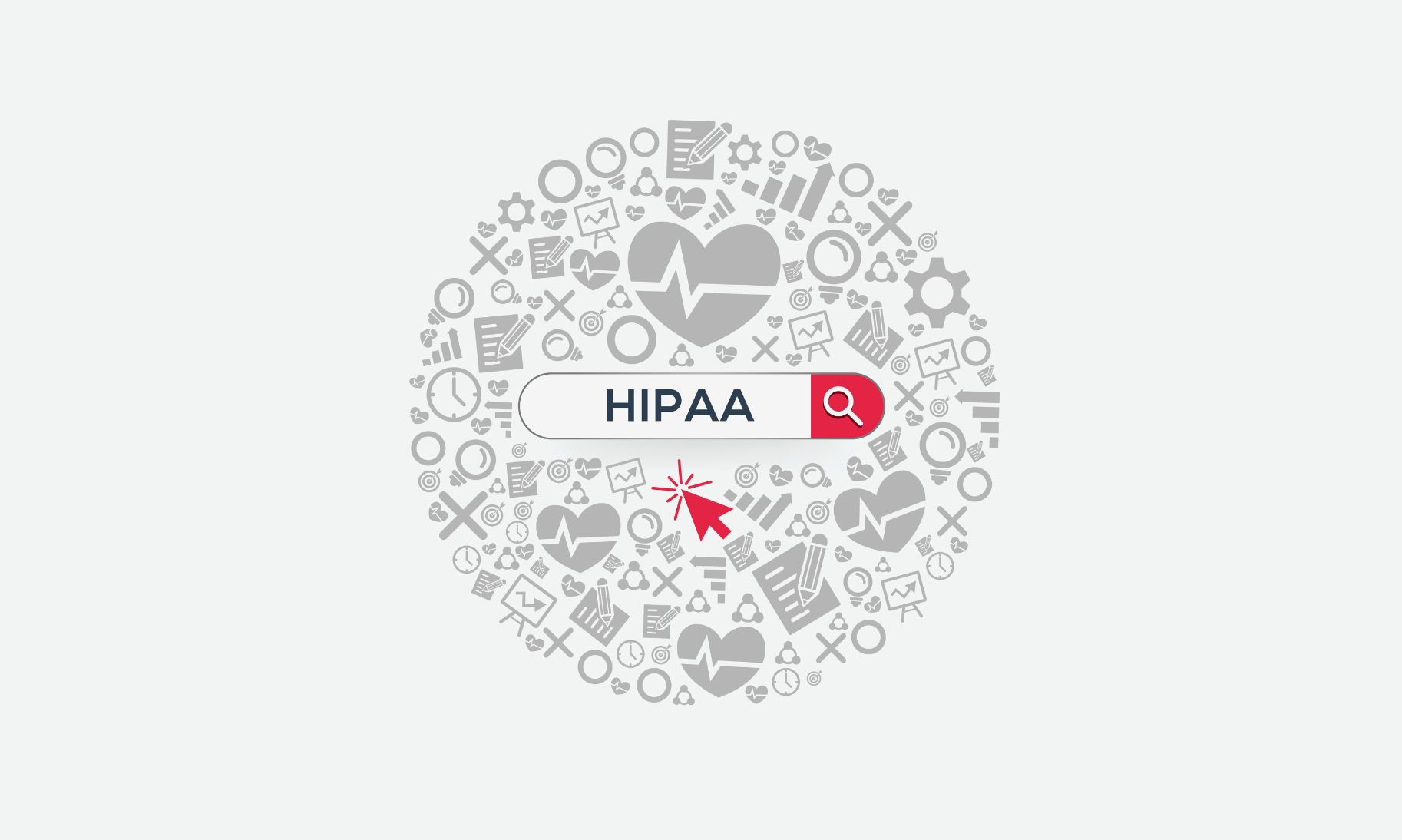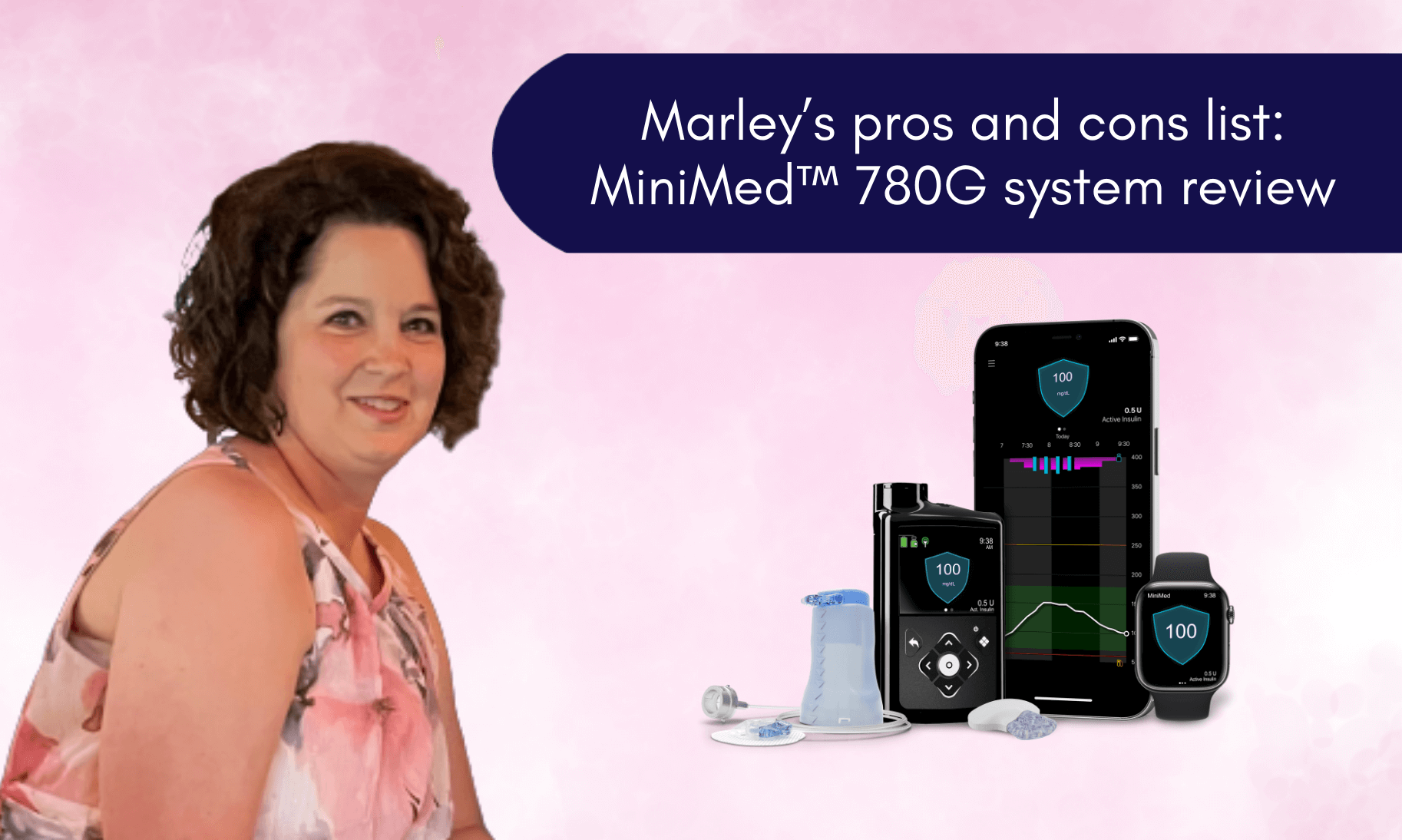Understanding HIPAA: Protecting your health information

HIPAA: Protecting your health information
When working with a healthcare organization or provider, you’ll probably come across the term “HIPAA.” HIPAA refers to the Health Insurance Portability and Accountability Act of 1996, which established a set of federal standards designed to protect patients’ sensitive health information.
HIPAA plays a vital role in maintaining the integrity and trustworthiness of the healthcare system, benefiting both providers and patients by ensuring the confidentiality and security of health information. Let’s dive into what you need to know to protect your information.
What is HIPAA?
There are three main components, or “rules,” of HIPAA. They include:
- The Privacy Rule, which protects patients’ information by granting them rights such as being able to access and obtain copies of their health records, request corrections to their health information, receive a notice of privacy practices from companies that explain how their information will be used and shared, request restrictions on certain uses or disclosures of their information, request confidential communications, and more.
- The Security Rule, which refers to the safeguards required to protect health information. Focusing specifically on the security of electronic health data, this rule has to do with the types of precautions companies take to protect their patients’ health information, from using HIPAA-compliant tools such as access controls and encryption to carrying out security audits.
- The Breach Notification Rule, which requires covered entities and their business associations to notify patients if and when their information is compromised.
Why HIPAA is important
Understanding HIPAA is important for both healthcare professionals and patients alike. Healthcare professionals are required by law to comply with HIPAA regulations to help safeguard patients’ privacy, and it gives patients control over their personal information.
In addition to being able to request their medical records, patients can also limit access to their personal health information and choose how they want healthcare providers to communicate with them — most companies are required to provide a place or preference center where their customers can choose to opt in/out of communications.
What to do if you notice a violation
Most healthcare organizations have a designated privacy office or compliance department responsible for handling HIPAA violations, so it’s often best to report the violation internally first. If the issue is not resolved through the company, you can file a complaint with the U.S. Department of Health and Human Services’ Office for Civil Rights (OCR). Complaints can be submitted via the OCR’s online portal, by mail, or fax.
Medtronic Preference Center
Medtronic takes several precautions to protect your information, including using HIPAA-compliant technology. You have control over how we communicate with you and what types of communications you prefer to receive. To access the Medtronic Diabetes Preferences Center and manage your communication preferences (such as opting in or out of receiving updates, newsletters, and other communications), sign in to CareLink™ Personal or Diabetes.shop.
For more information about Medtronic Diabetes’ patient privacy principles, you can call 888-775-2698, or email hipaa@medtronic.com.



